1/ THREAD: ProPublica is working to help journalists from diverse backgrounds get the skills + opportunities to advance or get their first newsroom jobs with two programs: the Data Institute + Diversity Scholarships. We followed up with some participants! Here are their stories👇
2/ “I would not have even known where to begin on a project like this were it not for the Data Institute training.” — @KayAnneSkinner, Data Institute 2018
@KayAnneSkinner 3/ “The institute has helped me enormously, and I apply most of what I learned in my day-to-day work. I think the biggest takeaway for me was not being afraid to dig into code even if I’m not ‘fluent’ in it.” — @LauraC_Moscoso, Data Institute 2018
@KayAnneSkinner @LauraC_Moscoso 4/ “The Data Institute gave me the confidence I needed to pursue a staff job.” — @sammie_smylie, Data Institute 2018
@KayAnneSkinner @LauraC_Moscoso @sammie_smylie 5/ “The Excel and data skills I learned at the Data Institute have come in handy as a business reporter.” — @aprjoy, Data Institute 2017
@KayAnneSkinner @LauraC_Moscoso @sammie_smylie @aprjoy 6/ “Last month, I began a yearlong fellowship as a data reporter at ProPublica, two years after participating in the 2017 Data Institute.” — @emsimani, Data Institute 2017
@KayAnneSkinner @LauraC_Moscoso @sammie_smylie @aprjoy @emsimani 7/ “I am so thankful for the Data Institute. The work I completed in those weeks changed the course of my career.” — @juliveandlearn, Data Institute 2017
@KayAnneSkinner @LauraC_Moscoso @sammie_smylie @aprjoy @emsimani @juliveandlearn 8/ “The skills I learned at the institute helped me stand apart in the newsrooms I worked in.” — @lakeidrachavis, Data Institute 2016
9/ “I know the exposure I received through ProPublica, particularly learning the basics of coding and design, as well as data analysis training, helped get me to where I am today.” — @mbrownNR, Data Institute 2016
10/ “The institute made me familiar with Excel and spreadsheets, and being a part of the LRN gave me an opportunity to practice daily. ProPublica is a model of what being intentional about diversity and inclusion look like.” — @wendi_c_thomas, Data Institute 2016
@wendi_c_thomas 11/ “I think it’s safe to say that without your scholarship, I might not be on a 21-hour drive to Bismarck right now for my first job!” — @andytsubasaf, Diversity Scholarship 2018
@wendi_c_thomas @AndyTsubasaF 12/ “I was selected from hundreds of applicants to participate in the competitive The New York Times Student Journalism Institute this May. This opportunity was made possible directly because of the ProPublica scholarship.” — @lyndamgonzalez, Diversity Scholarship 2018
@wendi_c_thomas @AndyTsubasaF @lyndamgonzalez 13/ “I feel like being a scholarship winner has opened all the doors in my journalism path. Without it, I honestly don't think that all I've done would have been possible.” — @drewkjones, Diversity Scholarship 2018
@wendi_c_thomas @AndyTsubasaF @lyndamgonzalez @drewkjones 14/ “I used the scholarship to attend AAJA in 2017, which is actually where I first met executives from The Philadelphia Inquirer... Those connections led them to recruit me for the Lenfest fellowship program a year later.” — @aneripattani, Diversity Scholarship 2017
@wendi_c_thomas @AndyTsubasaF @lyndamgonzalez @drewkjones @aneripattani 15/ The Data Institute is a two-week, intensive workshop that teaches data, design and coding. We partner with the @ibwellssociety to bring 12 journalists to NYC each summer.
propub.li/2KNWuHG
propub.li/2KNWuHG
@wendi_c_thomas @AndyTsubasaF @lyndamgonzalez @drewkjones @aneripattani @IBWellsSociety 16/ The Diversity Scholarship program gives out 20 scholarships a year to students who want to attend a conference like @NAHJ, @NABJ, @AAJA, @IRE or @ONA but can’t afford to. We’ve sent over 50 students to conferences over the past few years. propub.li/31QfESM
@wendi_c_thomas @AndyTsubasaF @lyndamgonzalez @drewkjones @aneripattani @IBWellsSociety @NAHJ @NABJ @aaja @ire @ONA 17/ These programs have wrapped up for 2019, but if you’re interested in next year's Data Institute or Diversity Scholarship program, sign up here to be notified: propub.li/30kcMxg
@wendi_c_thomas @AndyTsubasaF @lyndamgonzalez @drewkjones @aneripattani @IBWellsSociety @NAHJ @NABJ @aaja @ire @ONA 18/ We have a few more initiatives that are geared toward helping underrepresented journalists. Our Emerging Reporters program, offering stipends to college students of color pursuing journalism, is accepting applications until Sept. 8. Apply here: propub.li/2Zj5YP5
@wendi_c_thomas @AndyTsubasaF @lyndamgonzalez @drewkjones @aneripattani @IBWellsSociety @NAHJ @NABJ @aaja @ire @ONA 19/ We also organize a Diversity Mentorship Program each year at @ONA conference, connecting journos from underrepresented communities with people at the top of the field. The deadline to apply is tomorrow (Aug. 22), and you can do that here: propub.li/2HiM5BQ
@wendi_c_thomas @AndyTsubasaF @lyndamgonzalez @drewkjones @aneripattani @IBWellsSociety @NAHJ @NABJ @aaja @ire @ONA 20/ For more about where the journalists who’ve come through our programs are now, read our story. propub.li/2TPJxA0
• • •
Missing some Tweet in this thread? You can try to
force a refresh


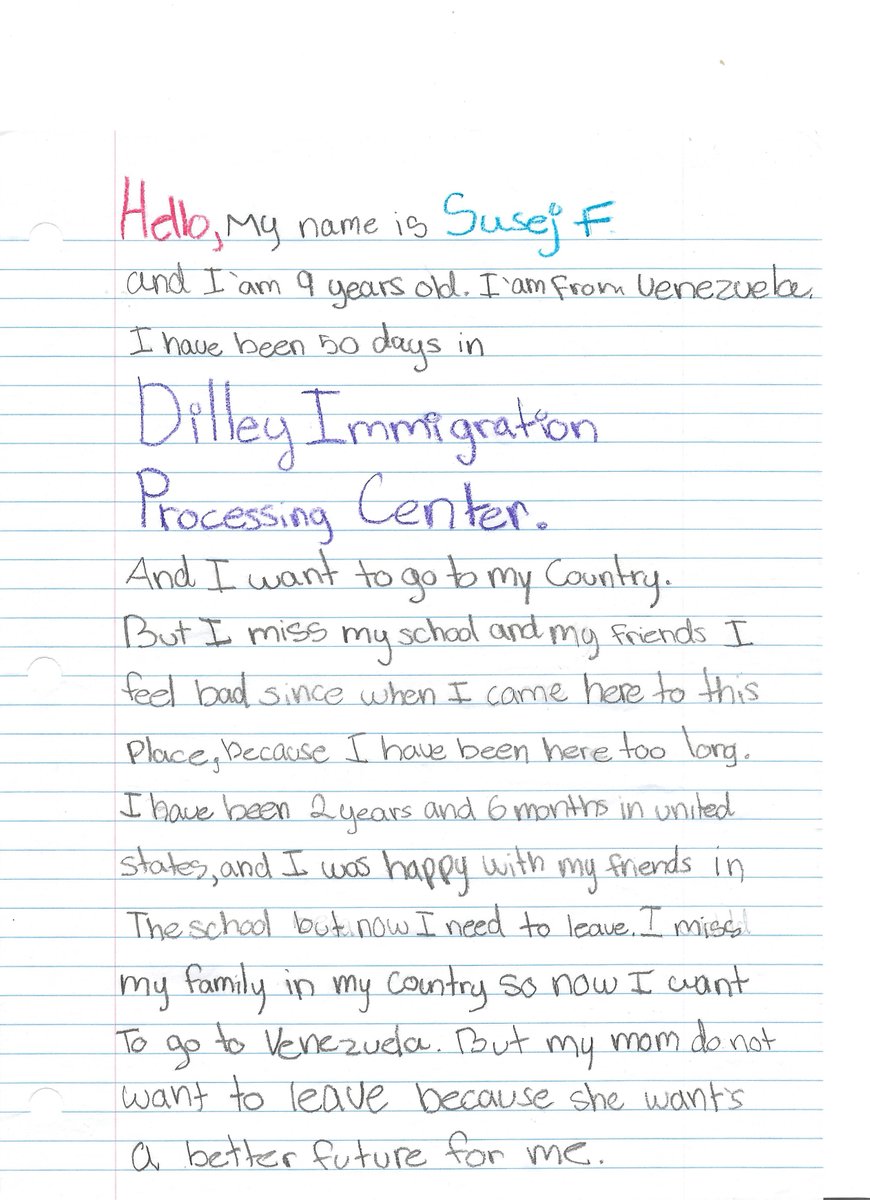
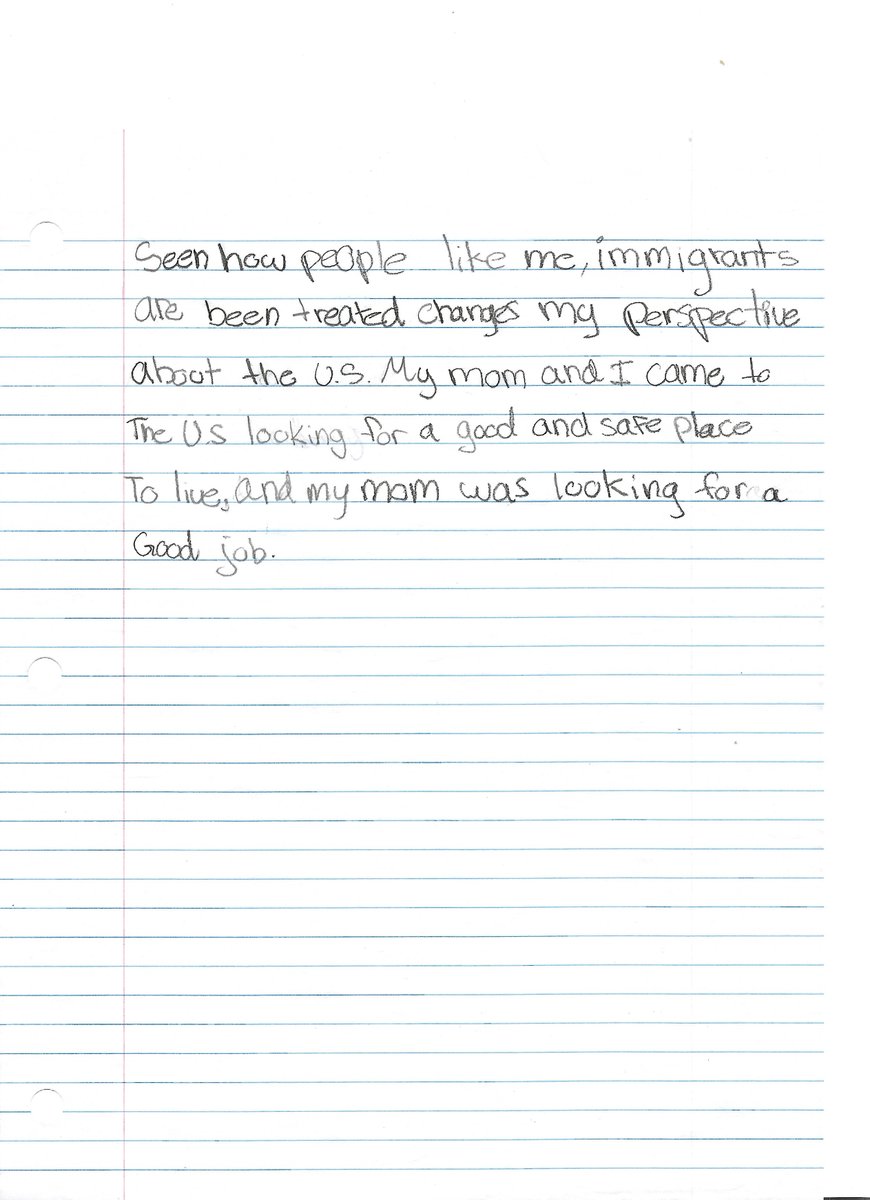
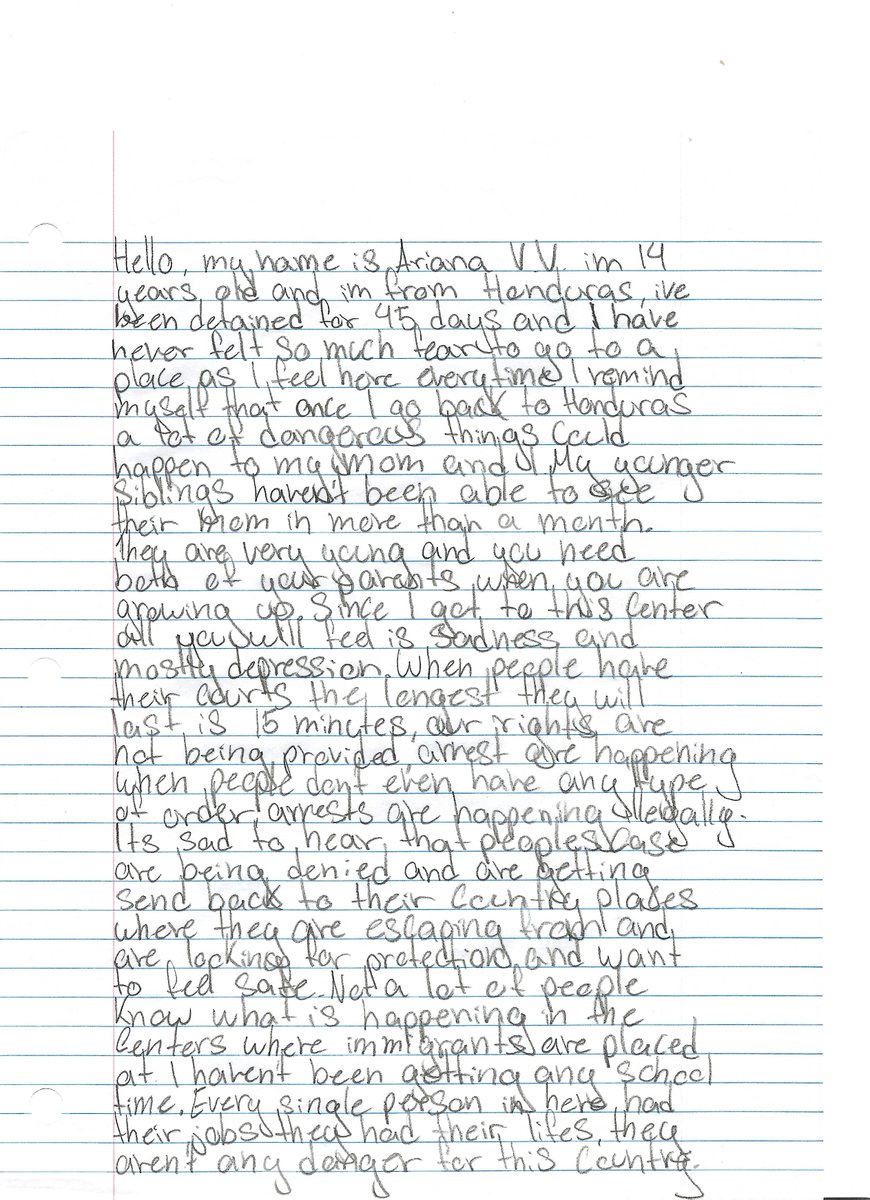
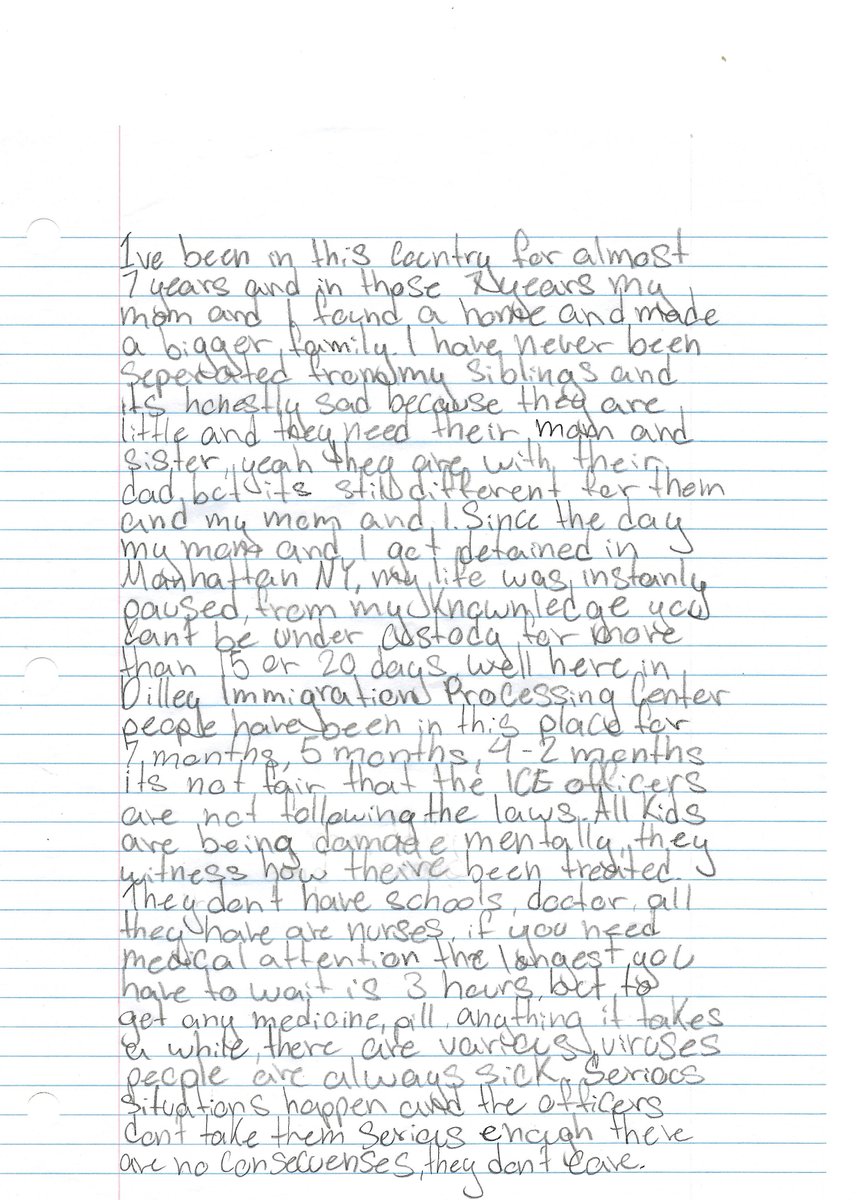
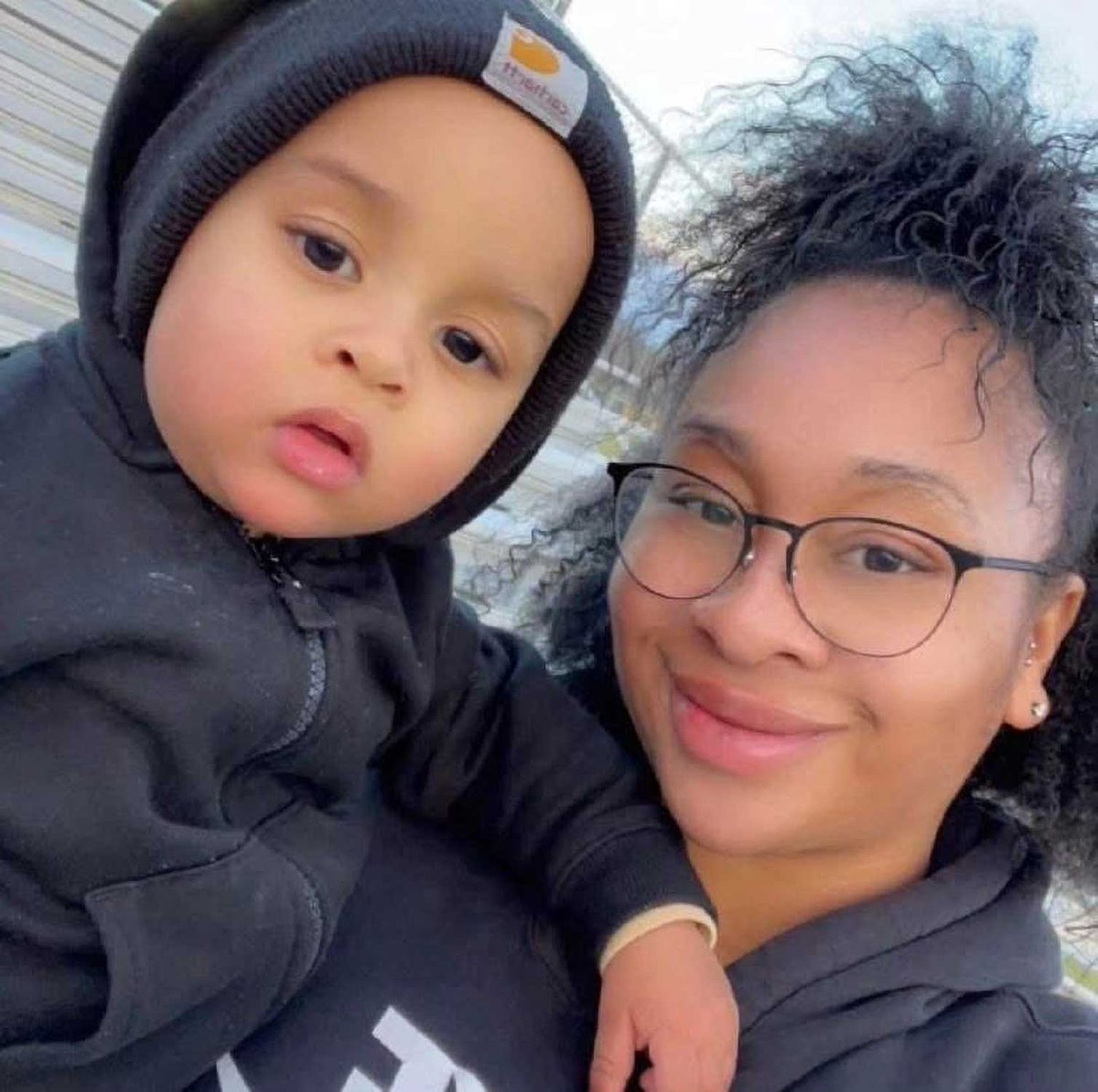
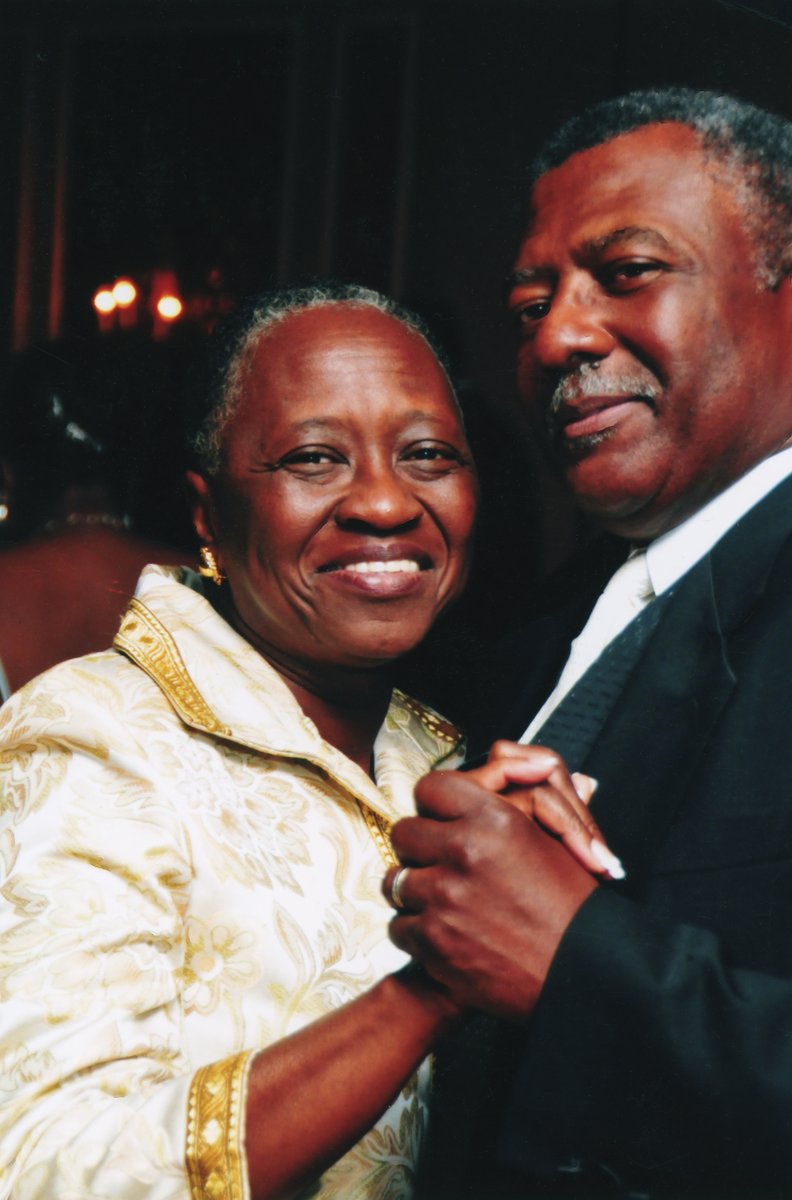
![Document with these excerpts highlighted: VICTIM 3 explained that one of the beliefs in the church is "forgive and forget," which caused confusion regarding what to do with allegations of sexual assault. VICTIM 3 explained that years ago when this happened, the way the church and community "[p]retty much, it was kind of like we could ask forgiveness about it and forget about it, but, and never talk about it again..."](https://pbs.twimg.com/media/G6PzW4SbkAAxg0S.jpg)


